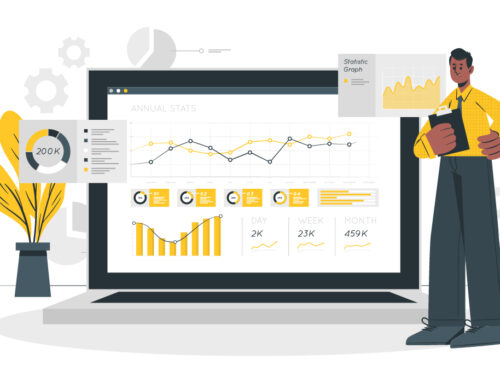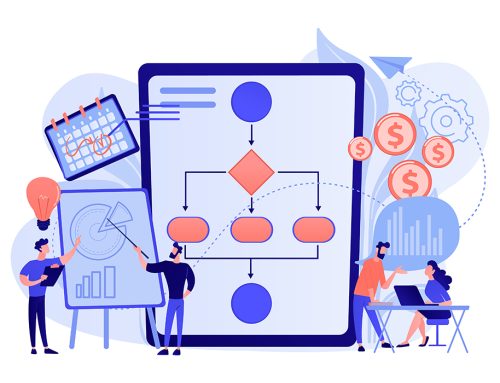Technology is rapidly advancing and so are the demands of e-Commerce. Managers in the manufacturing industry are rapidly changing the ways they create pricing strategies.
Author Iva Danilovic | Copperberg

While in the past, communication was based on offline channels, digitalization is enabling a variety of new and different online platforms for messaging.
As we saw in our recent article about Digitalization and value-based pricing in the manufacturing industry, prices are becoming more transparent and easily accessible via the Internet and this creates the opportunity for buyers to analyze competing firms offers and make a better-informed decision.
Not only do buyers get more information from the companies in general, but company managers collect more data from their buyers than ever before. If the data is collected and analyzed in the right way, managers will get the chance to target their buyers around the world and create more customer-centered approach. This can lead to increase in revenue and the chance to successfully reestablish their brands online.
Katrin Huberth, Distribution and Pricing Manager from Puls GmbH, says that more and more buyers are getting used to the benefits of online browsing. Across various fields of the manufacturing industry interested buyers are using the Internet to gain better insight into products.
The time when buyers had to communicate directly with sellers in order to get the needed information is changing, and the buyers are not keen to talk so much, notices Mrs. Huberth. Arising number of customers want to buy online and prefer this method of purchasing, so if a company is not online, there is a high chance that it will miss opportunities to sell its products.
Still, even when a company is actively present on e-Commerce platforms, it has to continuously work on increasing its visibility. Customers need to get the information about what exactly they are getting from the product so that they can decide if the product suits their particular needs. Moreover, manufacturing companies must dig deeper and learn more on how to provide personalized content on the websites they are using to sell their products.
The manufacturing industry professionals now need to think about building tools for buyers in order to help them with their online shopping. One of these tools is a website option to compare the products and benefits that customer gets from the products. These online tools, and specific online communication is where the process of explaining values starts. However, the challenge is that every customer has a different value of the product.
Paolo De Angeli, Pricing Group Expert at Borealis, points out that manufacturing companies should therefore focus more on value proposition. An understanding of the data collected online can lead the companies towards the right buyers. Companies should understand the value to the customer and then to offer them the right products and services.
Elma Driesbach, Head of Pricing Tools and Processes at Merck’s laboratory supplier “Life Science” explains: “There is an opportunity to find the customers who are interested, and you are there to open a door, to follow up, to explain your values, and to close the deal.
“Companies need to go one step further to create a system that can communicate with customers and find out what they need. Every company has its value drivers – some of the customers that you meet online are interested in your product value of only one aspect of your product, but there is also a minority of those who are interested in every single one of the values that your product and company brings,” notes Mr Diesbach. “Of course, those interested in every aspect of the product value it the most and are willing to pay more.”
Nevertheless, many e-Commerce platforms offer dynamic pricing tools, which can also disrupt concrete deals with some of the most loyal consumers. In case of B2B e-Commerce dynamic pricing can confuse the long-term buyers and partners who want a steady price – not a price that is changing all the time.
On the other hand, consumers are relatively aware that e-Commerce platforms, such as Amazon, use automatic discounts mechanisms. Manufacturing companies can also choose the platforms that are the most convenient for their established business partnerships, and for potential new clients.
“The online side it is not competing; is complementing,” says Lars Möller, General Manager – After Sales, at equipment distributer company, Al Shirawi Enterprises based in Dubai, UAE. “It is true that customers are comparing the prices of similar products online. Many of the products can be found cheaper online, but if we switch discussion to other features of the products that we are selling, we can explain the additional value even more than before.”






























